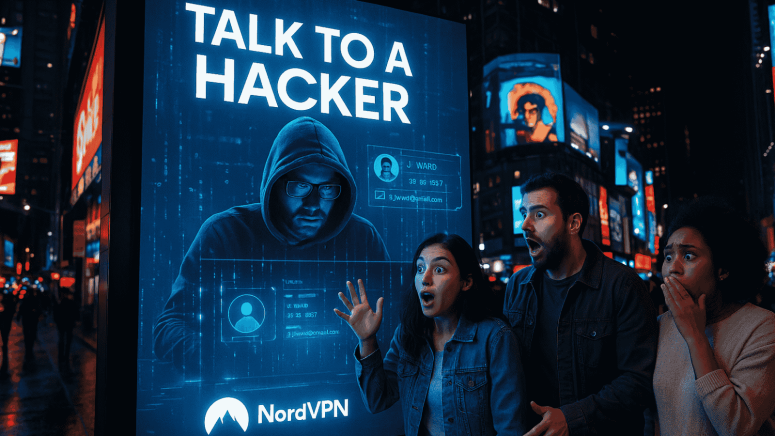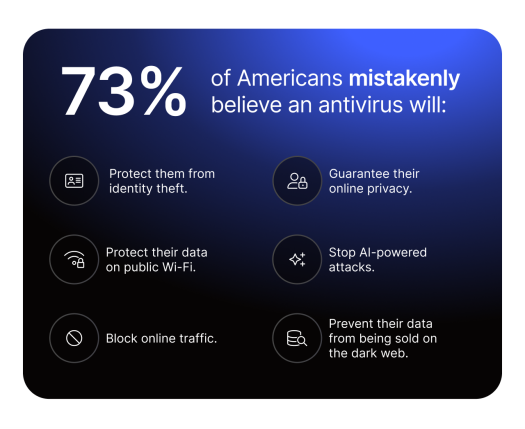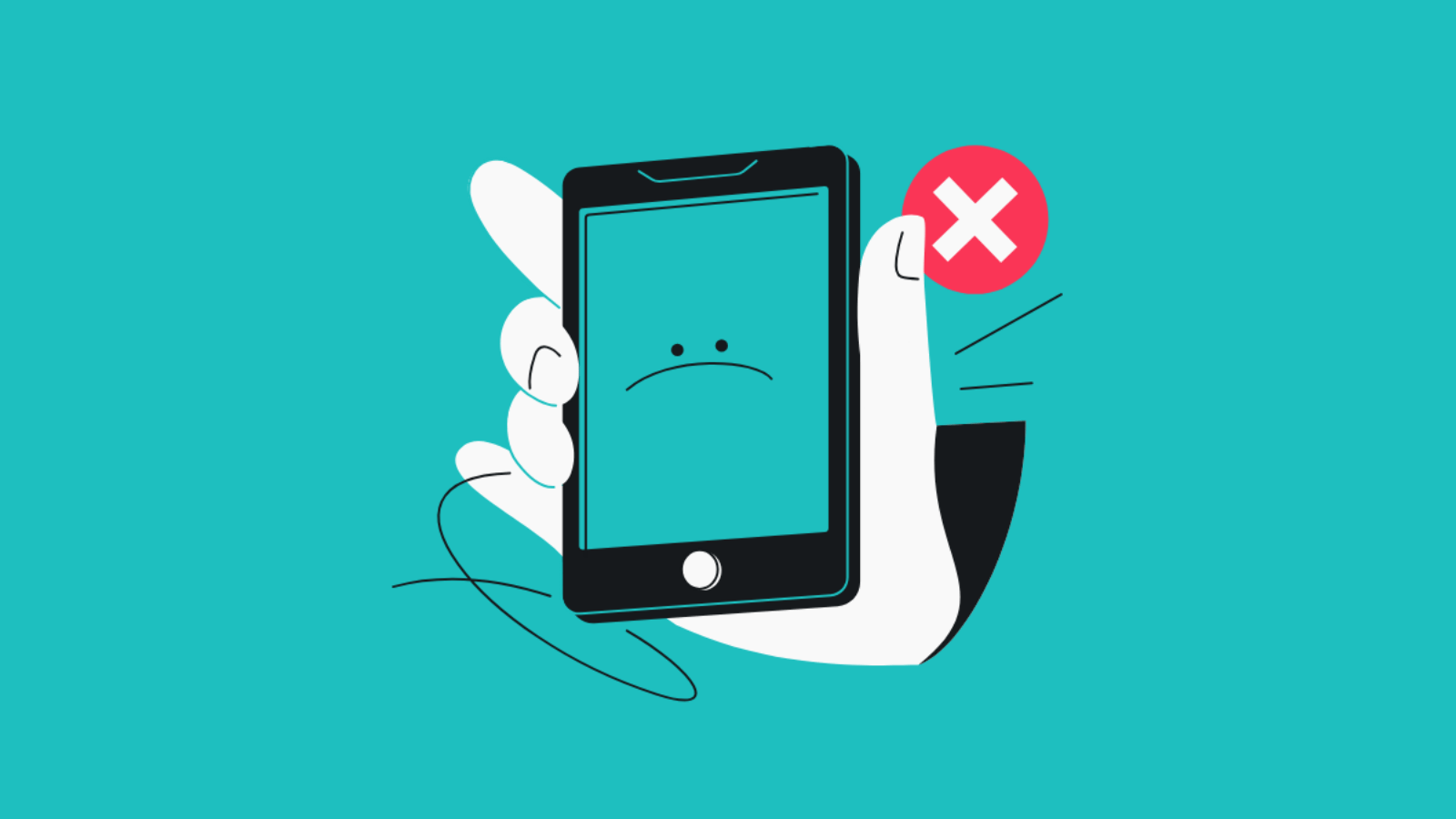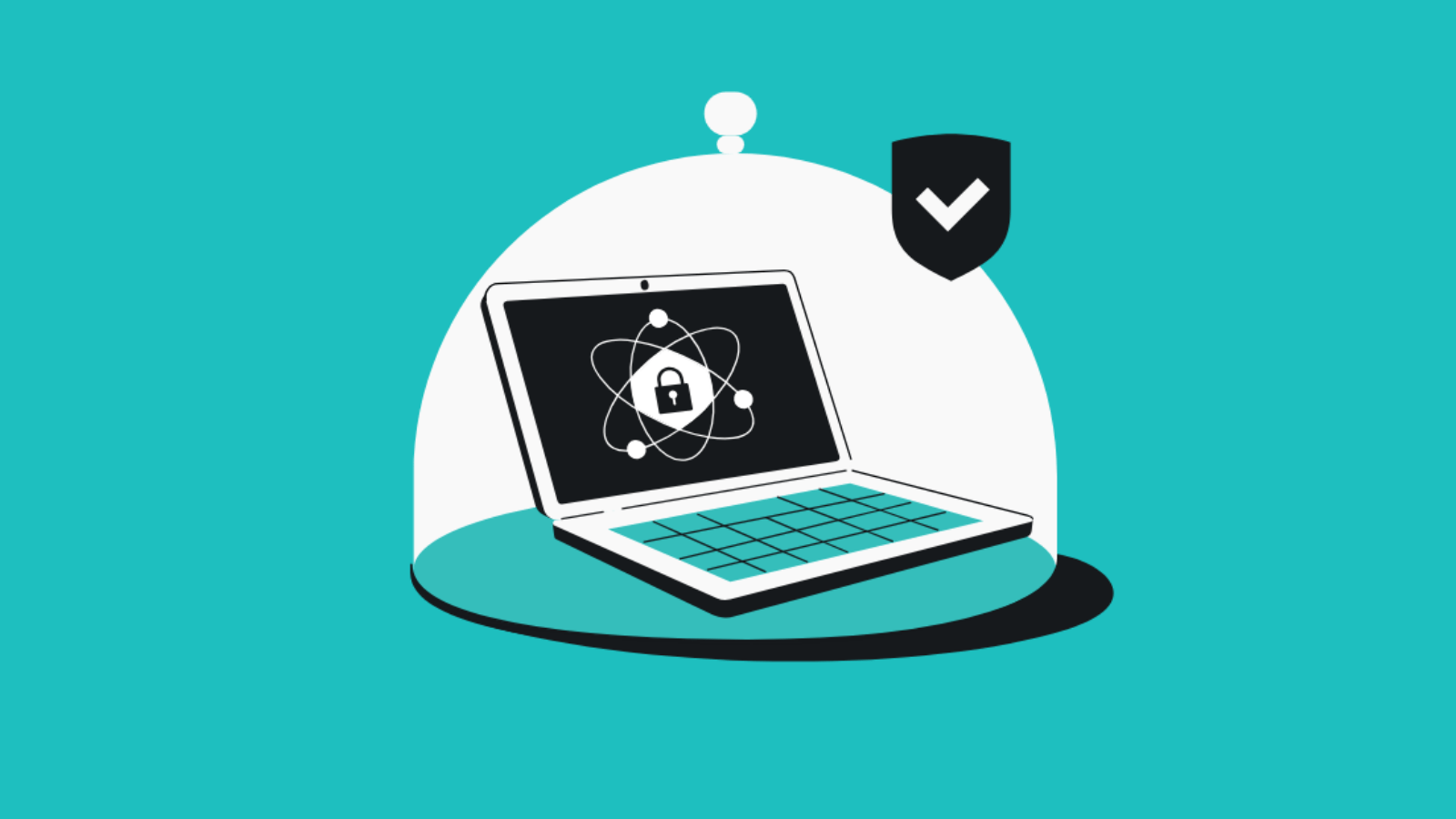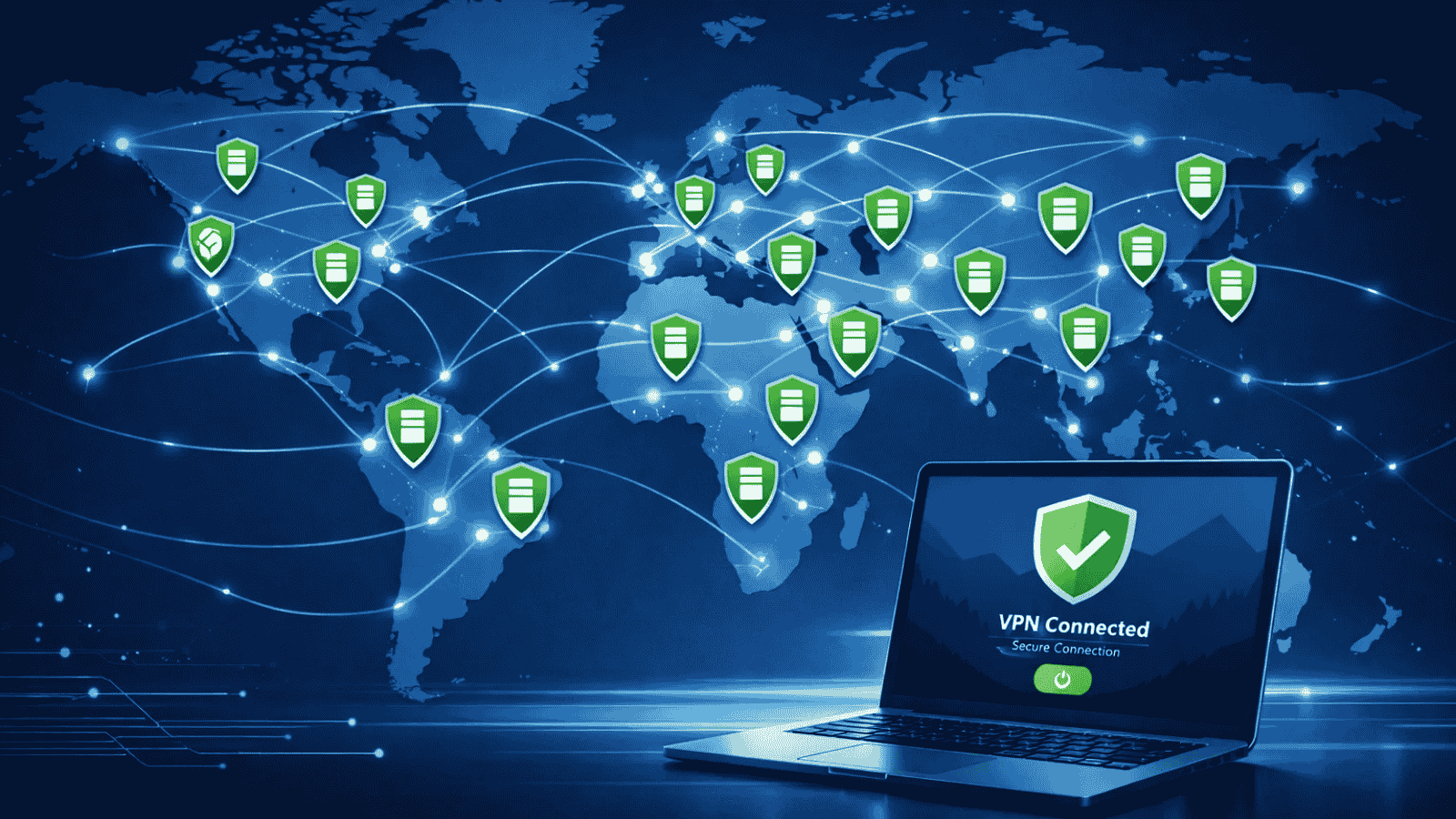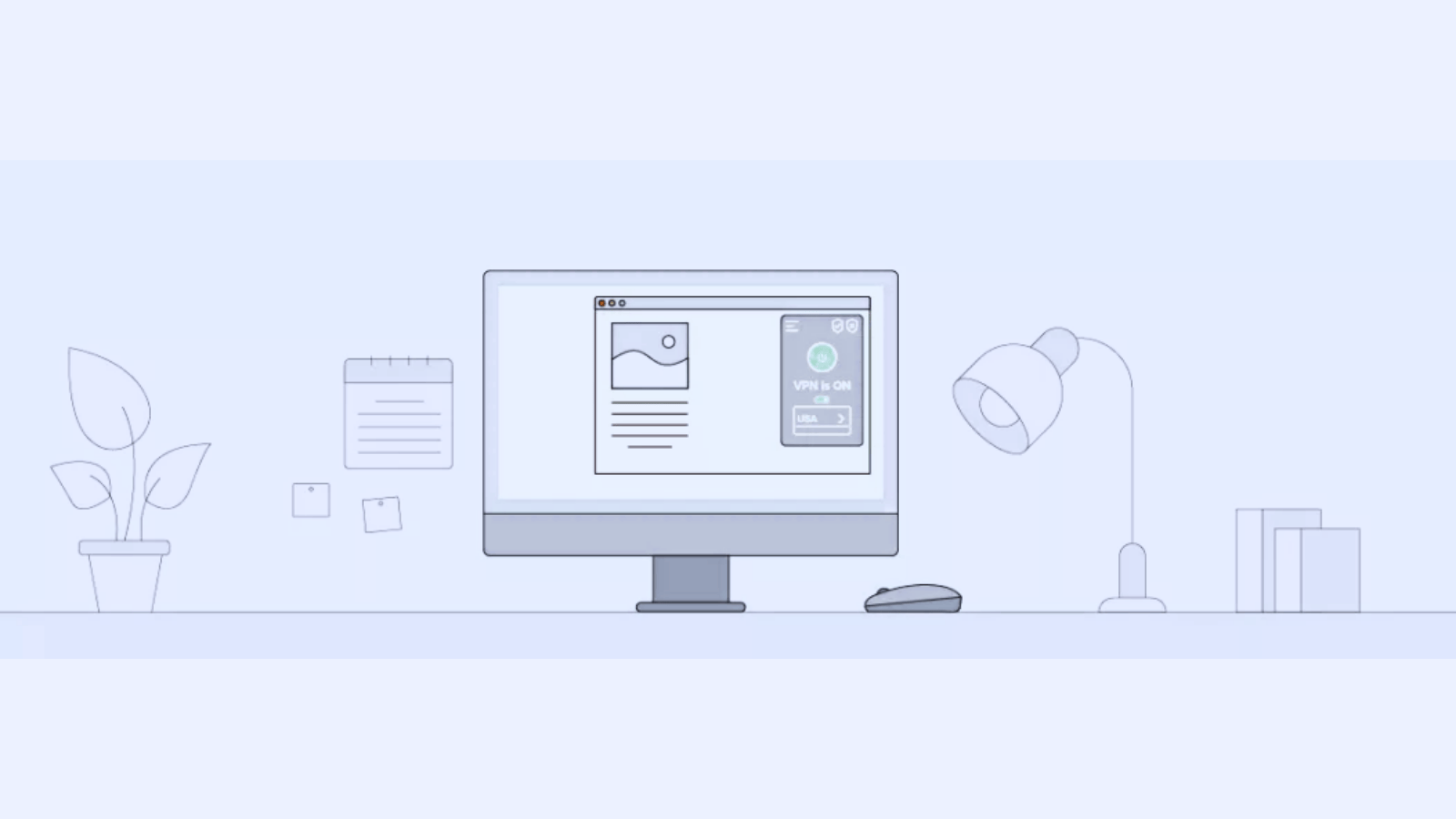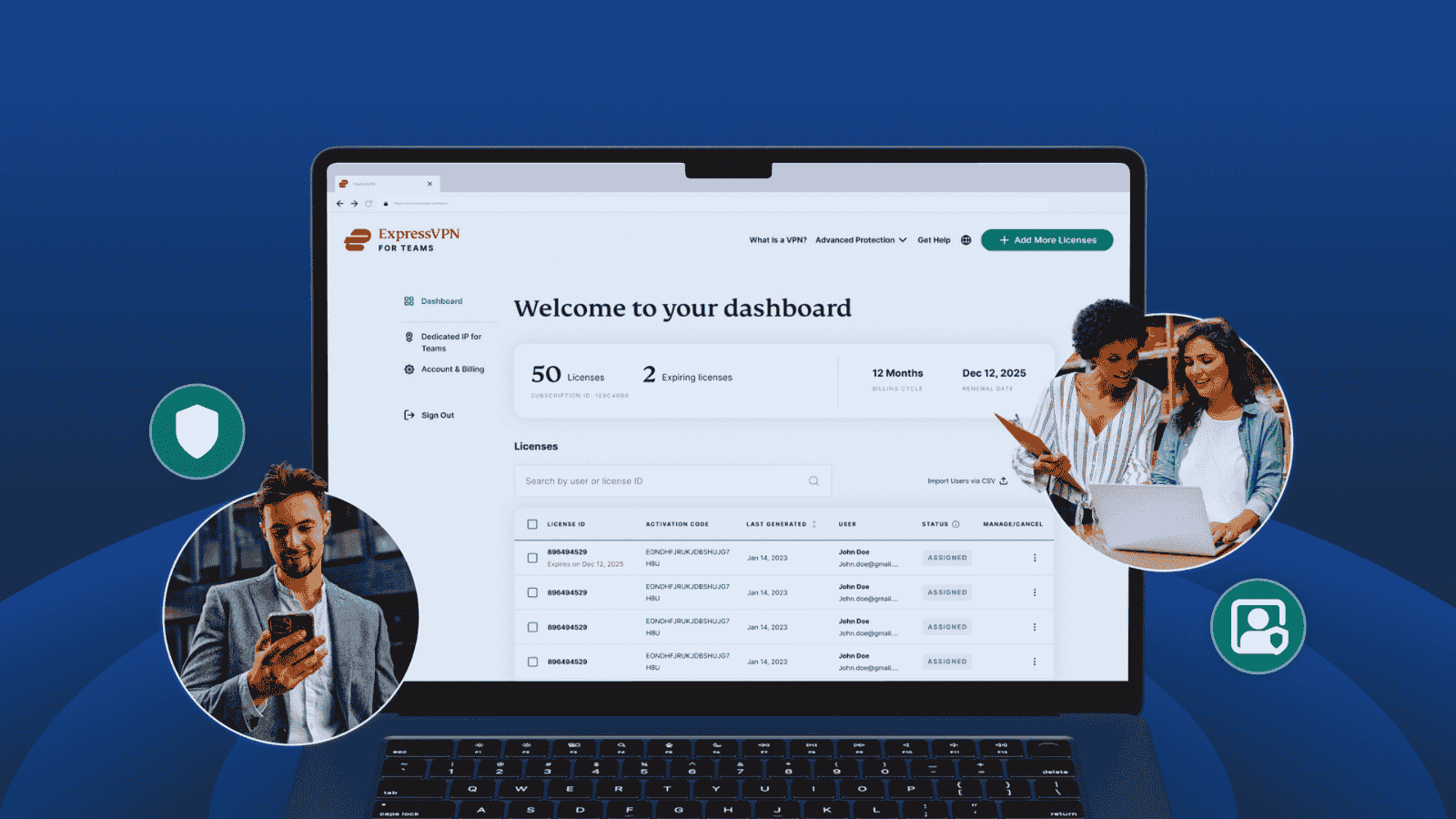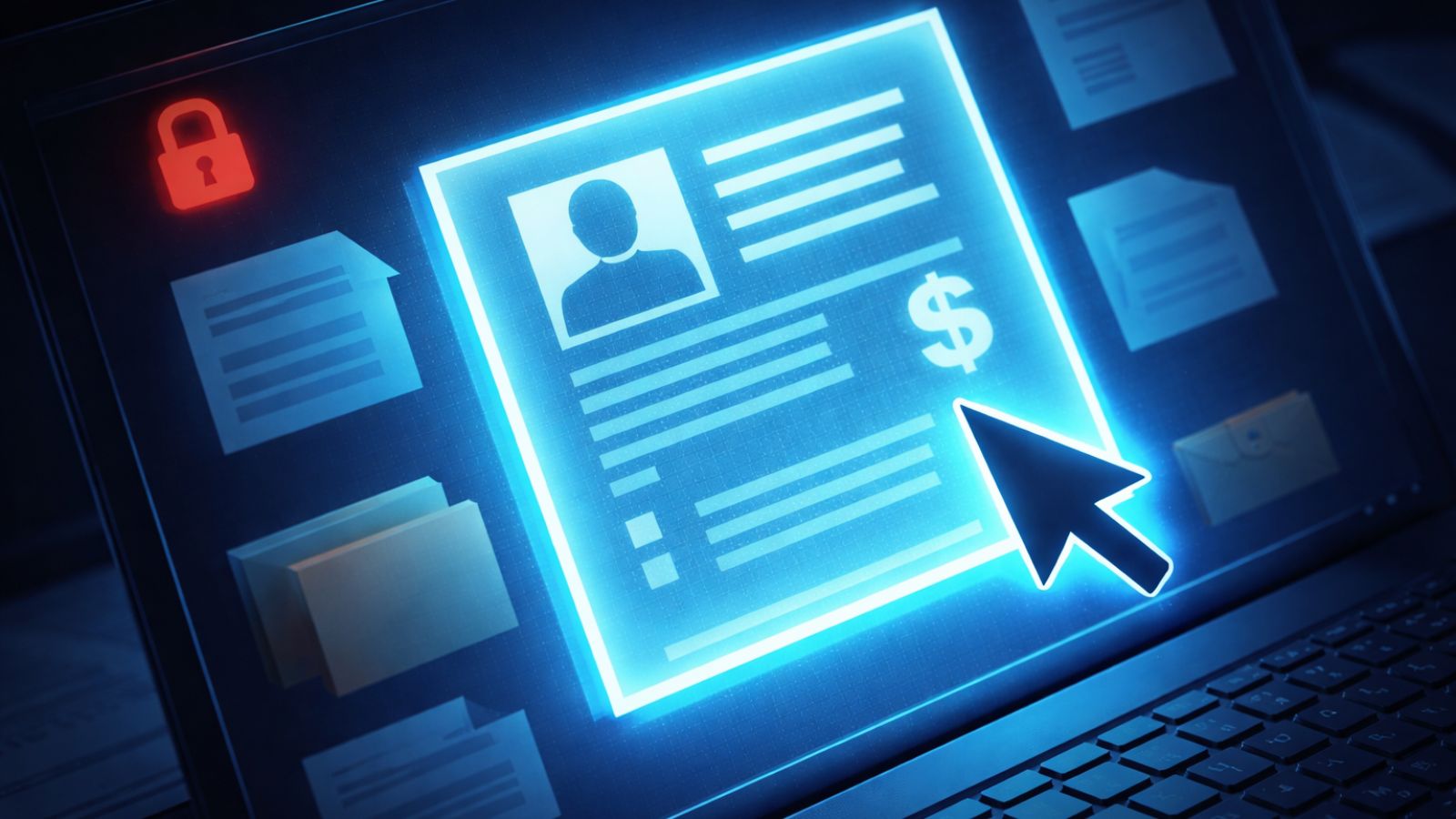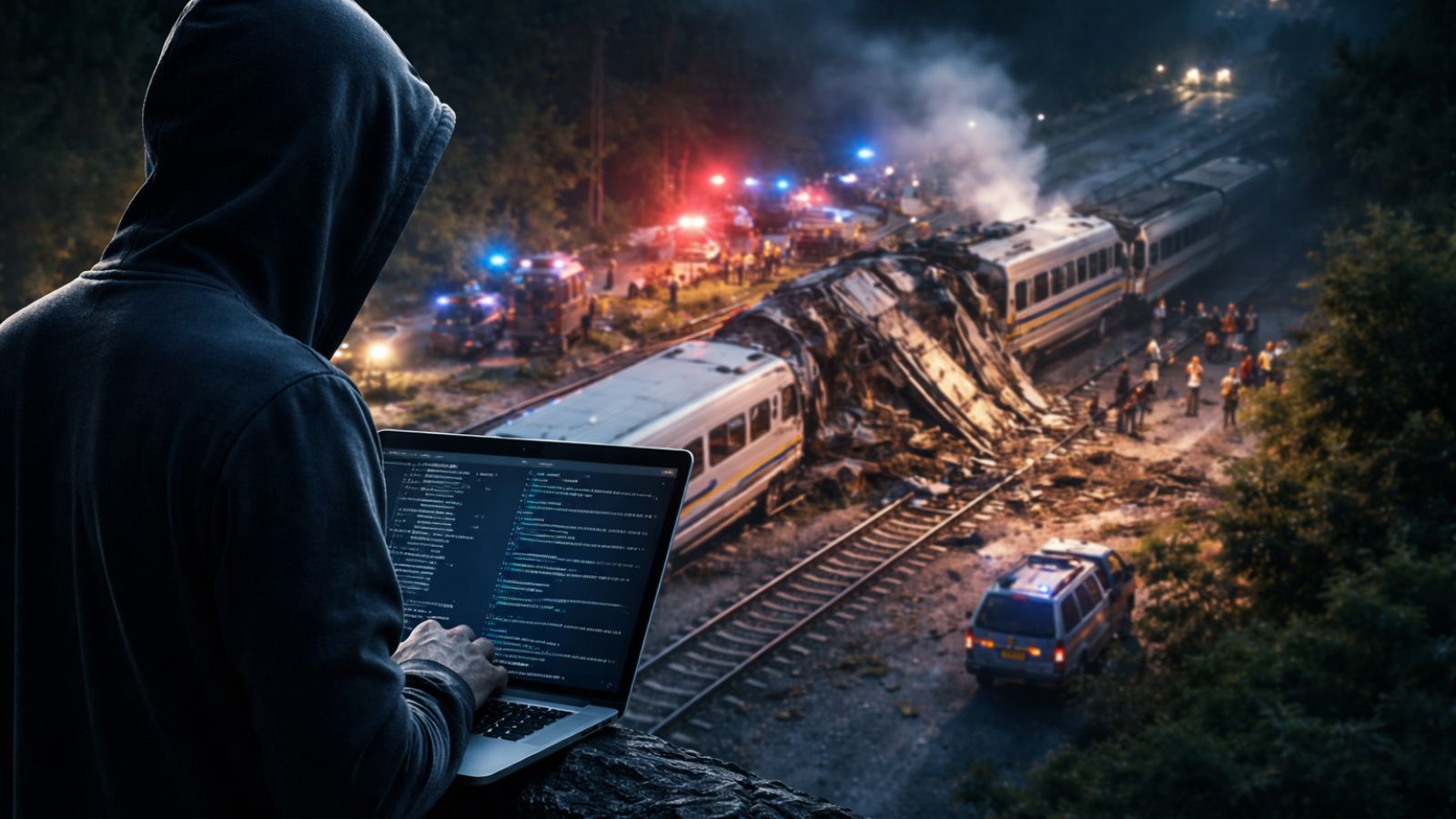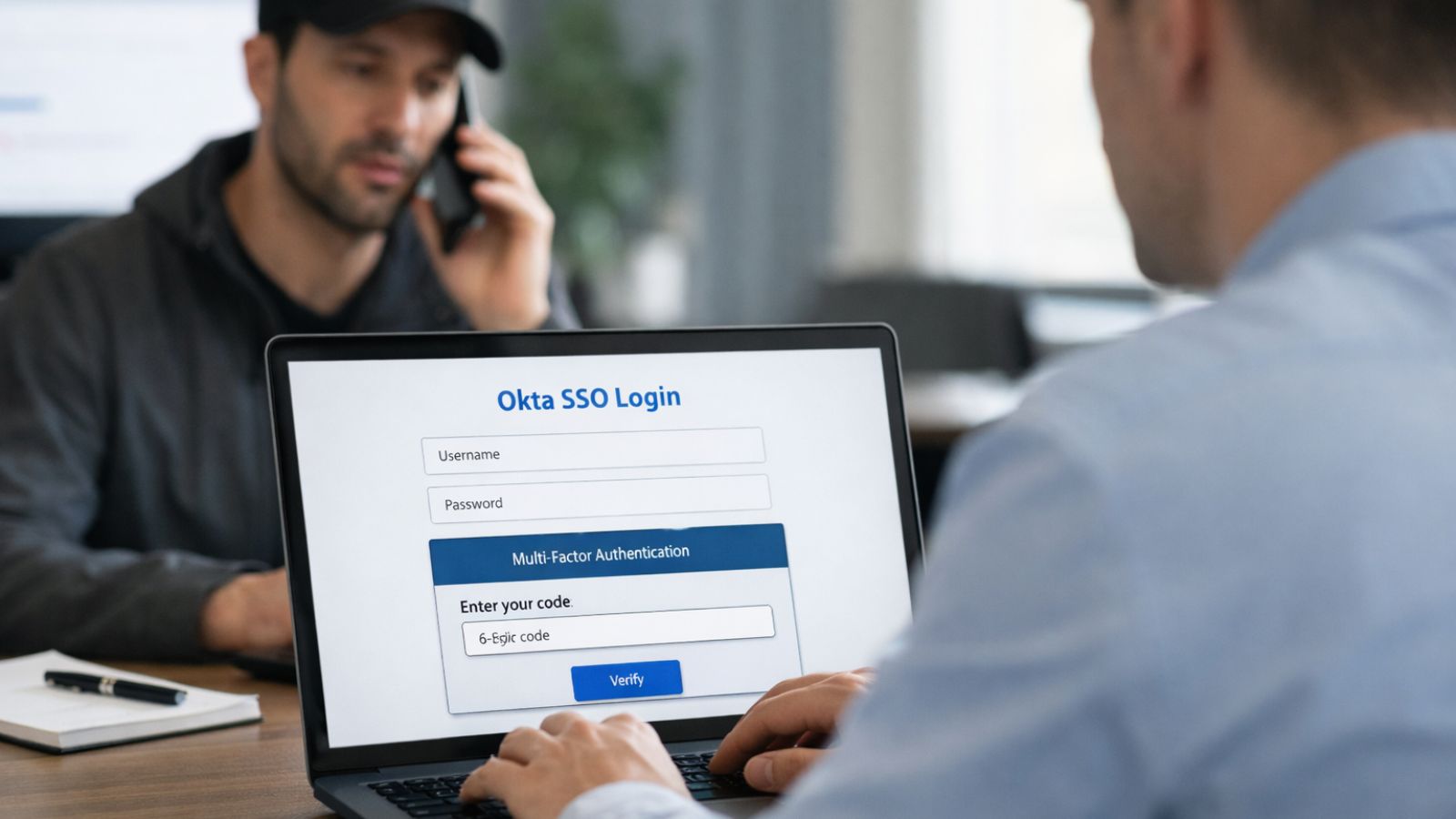
NordVPN’s Times Square “Talk to a Hacker” Stunt Exposes Americans’ Misconceptions About Antivirus Protection
- NordVPN Times Square Stunt: Ethical hackers exposed real people’s data live, revealing weak cybersecurity awareness.
- NordVPN Survey Findings: 73% of Americans overestimate antivirus protection, risking identity theft and data leaks.
- NordVPN Expert Insight: Experts urge VPN use, strong passwords, and multi-factor authentication for safer online habits.
A bold and interactive billboard in Times Square gave New Yorkers a firsthand look at how vulnerable their online data really is. NordVPN’s “Talk to a Hacker” stunt allowed participants to speak live with ethical hackers, who quickly revealed sensitive personal information, underscoring the widespread misconceptions about digital security.
Ethical Hackers Reveal Personal Data in Times Square
The Times Square installation invited passersby to engage directly with white hat hackers, including Marijus Briedis (CTO, NordVPN), Adrianus Warmenhoven (cybersecurity advisor, NordVPN), and Liron Segev (aka TheTechieGuy, tech educator and YouTuber).
Participants were shocked to discover their personal details - from passwords, phone numbers, and home addresses to favorite bands and frequently used usernames. Hackers also reported malware infections and identified information exposed through previously used dating, gaming, fitness, or health apps.
“The participants’ reactions were powerful,” said Toma Sabaliauskiene, CMO at NordVPN. “People realized just how exposed they really were. Many were visibly stunned to learn that their antivirus software gave them a false sense of security.”
Americans’ Overreliance on Antivirus Software
The stunt was inspired by a NordVPN survey revealing that 73% of Americans incorrectly assume that antivirus software alone protects them from identity theft, public Wi-Fi vulnerabilities, and online tracking.
On average, 52% of Americans use antivirus software, making it the most popular cybersecurity tool. Other tools include password managers (41%), firewalls (36%), and VPNs (31%). However, over 70% overestimate antivirus capabilities, believing it can automatically block phishing attempts (34%), prevent identity theft (30%), and protect data on public Wi-Fi networks (27%).
Marijus Briedis explained: “People tend to confuse different technologies and overestimate their capabilities. Many believe antivirus provides complete protection, while in reality, it only detects and removes malware.”
Public Wi-Fi Use Increases Exposure
Almost 40% of Americans regularly use public Wi-Fi, yet only half employ protective measures such as antivirus software or a VPN while connected. A significant portion relies solely on “safe behavior,” leaving them vulnerable to cyberattacks.
The survey also found that almost 50% of Americans have discovered their data was leaked. Of those, 43% were notified by an official party, while 21% discovered the breach themselves. Contact information, such as email addresses, phone numbers, and home addresses, was the most commonly leaked data.
Data Leaks Lead to Real-World Risks
Experts warn that even seemingly minor data leaks can have severe consequences. Contact details can be used for targeted phishing attempts and sophisticated social engineering scams, ultimately exposing individuals to financial and identity theft. Social Security numbers and credit card details remain top concerns, cited by 71% and 62% of Americans, respectively.
“While people rightly worry about Social Security numbers and credit card details, a leak of contact information is often the first domino to fall,” Briedis said.
How to Protect Yourself Online
To reduce online risk, cybersecurity experts recommend:
- Using a VPN, especially on public Wi-Fi
- Creating strong, unique passwords
- Enabling multi-factor authentication wherever possible
- Avoiding suspicious links or offers
For those who couldn’t attend the Times Square stunt, NordVPN has made resources available online. Visitors can use the Dark Web Monitor tool to check if their personal data has been exposed, explore survey insights, and learn steps to improve cybersecurity.
Methodology
The survey was conducted from September 2–10, 2025, with 1,005 U.S. residents aged 18–74. Quotas for age, gender, and place of residence ensured a nationally representative sample. Fieldwork was carried out by Cint, a global technology research company.
The Times Square “Talk to a Hacker” stunt is a vivid reminder that antivirus software alone is not enough to safeguard personal data in today’s digital world. Americans are urged to rethink their online security habits before it’s too late.

